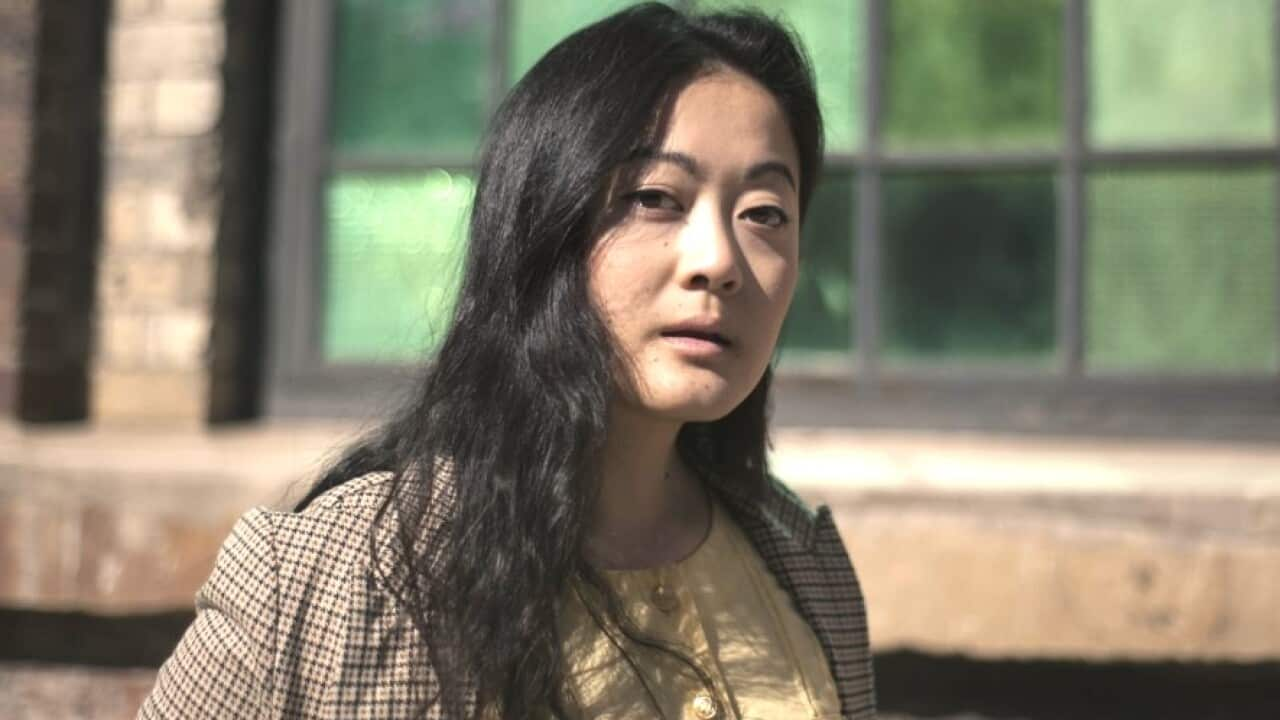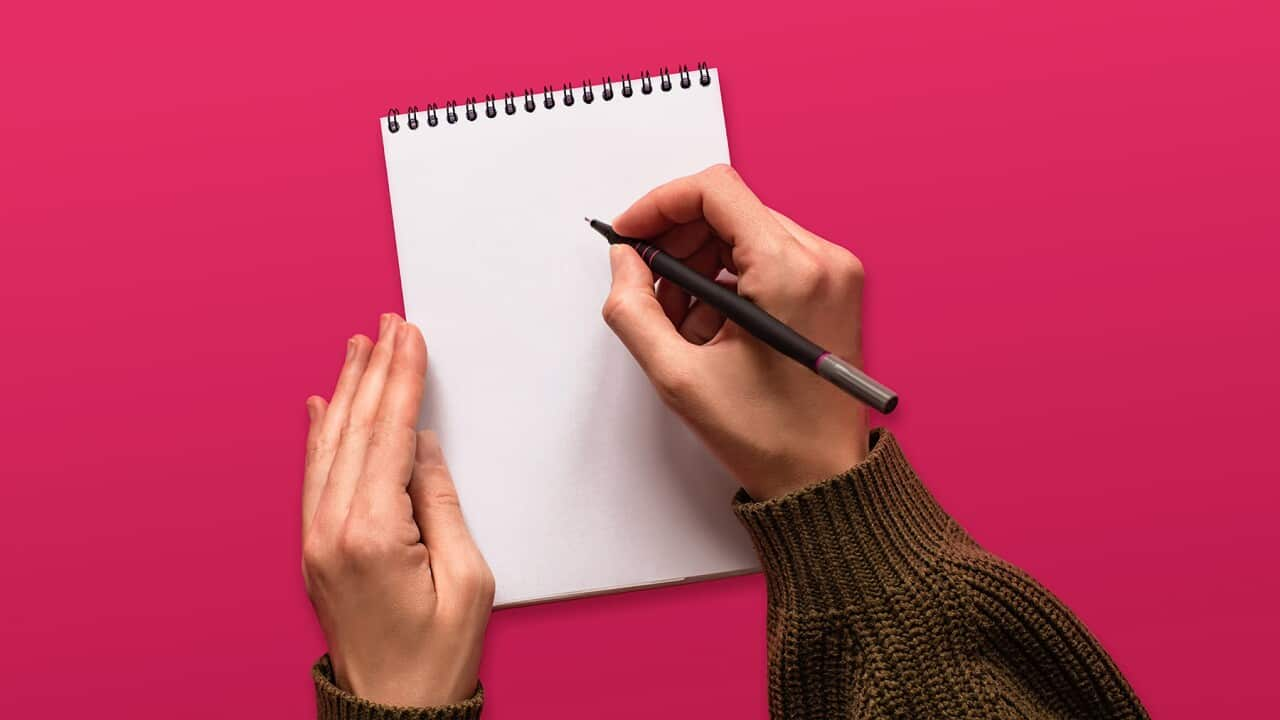One January, a few years ago, I flew to New York City for a three-day writing workshop on the craft of memoir. I was working on personal non-fiction because I had a story I wanted to tell about growing up Asian in Australia, and an editor in Sydney had told me that I had a good, solid voice. She was keen to see more of my work.
At that stage, I had only a few thousand words in my notebook, so I thought going to a workshop on writing about one's own life would help me shape my story into a manuscript-length book.
On day one, I sat in the corner of a large desk all the students were seated around. There were only about 10 or 12 of us in the class, glancing at each other nervously before the lesson kicked off.
The teacher began the class with my most dreaded activity; "Tell us about yourself and why you are here."
We went around the room. One person had recently come out of a cult and wanted to talk about the experience. Another had lost her husband and son within a month of each other. One person was thinking about a friend's suicide when they were in high school, and another was a bored parent in the suburbs of Connecticut who wanted to think about how she became married to an alcoholic without really knowing him.
Each writer had an excruciating story of pain, sorrow and trauma. Each writer was also a woman.
They were all women of a certain age, who had, it seemed, reached a stage in their lives where they were fed up with not being seen.
They had reached a stage in their lives where they realised the urgency of writing one's story. And being around these women made me see how important it was to not wait for the future to do something about recording what you want to record.
I realised very soon that describing something is paying attention to it, and paying attention to something is loving that thing. Paying attention to something is giving it value, regardless of how history has seen the thing you are looking at.
Paying attention to something is giving it value, regardless of how history has seen the thing you are looking at.
We shouldn't wait for the world to tell us what is valuable and what isn't. We should decide for ourselves what is valuable and what isn't.
Back in New York, we workshopped our stories, swapping tips on how to improve our writing. But what I valued most was the privilege of learning about each other's internal worlds. I have always been drawn to writing out of a place of my own insecurities and confusion. And my greatest confusion has always been what I want, as a woman.
What do I want, as a woman?
Respect. Dignity. Acknowledgement and celebration. A celebration of what?
That doesn't matter. Whatever it is you want to celebrate is worthy and valuable. For me, the most important thing has always been validating my own hunger and desire - be it for food, sex, intellectual stimulation or love. There is never 'enough'.
And that is alright. Living in a female body is psychologically taxing because this world continues to tell us how small we must make ourselves in order to be accepted. But my whole personhood has been built on my wanting, and that wanting makes me the unique person I am.
When there's so few examples of women successfully and happily gaining the fulfilment they want on their own terms - it can be a lonely place to imagine a better reality. But that's exactly what one tries to do when one sits down to write.
If you receive society's messages without question, you will most likely think that a woman's wants and desires are not deserving of poetry or contradiction or complexity
The writers in my memoir workshop were all women coming to terms with the pains of their past, but they do so because they know the past cannot be eliminated. It can only be assessed with kindness and compassion - that way, they can imagine a more fruitful, safer and and happier future for themselves.
If you receive society's messages without question, you will most likely think that a woman's wants and desires are not deserving of poetry or contradiction or complexity. Only a man's wants deserve such attention.
It's time we turn the attention on ourselves, and give it the credit and dignity it warrants. My most private desires have always been what drive me to work on whatever it is I am working on, so approaching them with conviction and honestly is the only way I see a brighter future for myself. A brighter future for myself means that the women around me will also see this, and perhaps, I will show them that there are other acceptable ways of being a woman in this world.
Jessie Tu is a special guest on SBS Voices’ new podcast The Writer’s Room, the companion podcast to the SBS Emerging Writers’ Competition. Jessie’s episode is .
SBS wants to hear your story...because there's a writer in all of us. Submit your story of 2000 words or less that speaks to the beauty and/or challenges of being Between Two Worlds in diverse Australia and you could win up to $5000 and kickstart your career. Entries close September 16. Go to for more information and register to enter.
Listen to SBS Voices' new podcast, The New Writer’s Room, in the , , , , or wherever you listen to podcasts.



